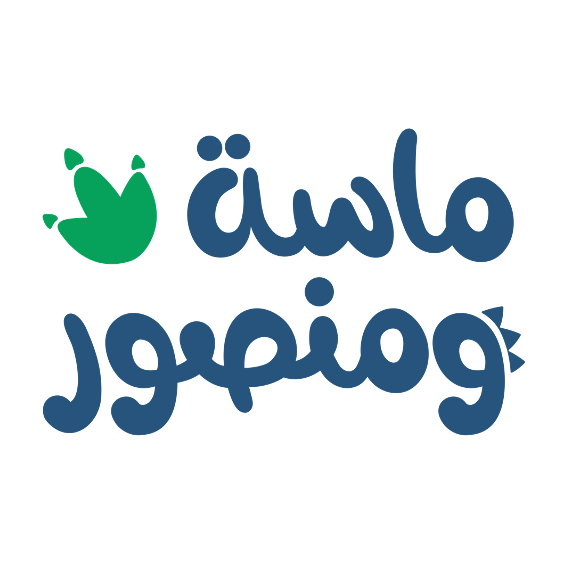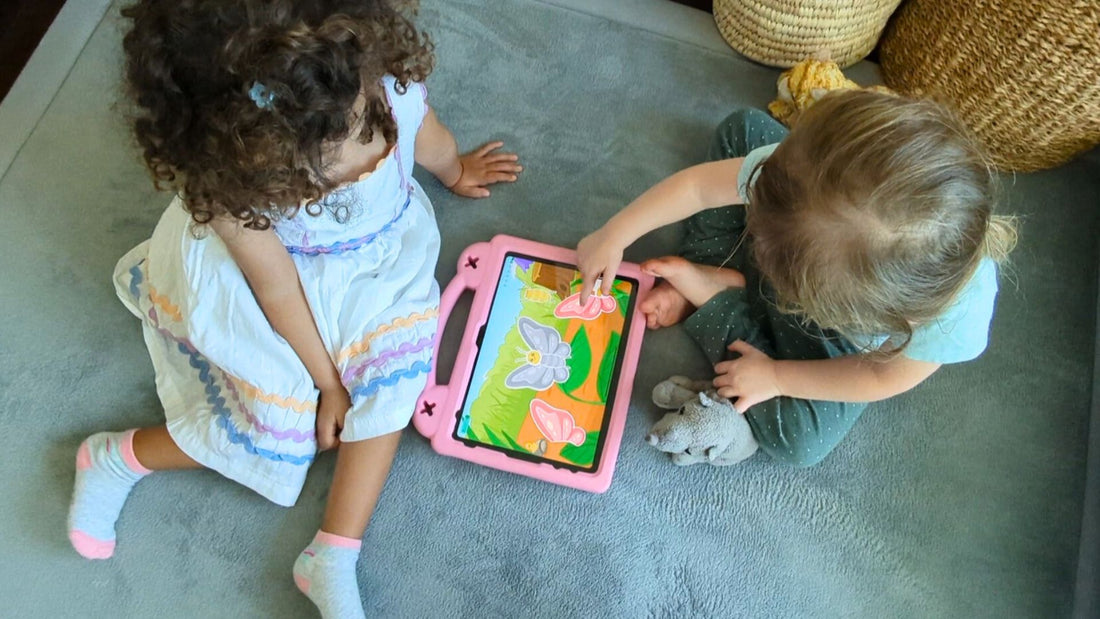As parents, we’re all mindful of the time our children spend on screens. At Masa wa Mansour, we understand these concerns, and we share them too. That’s why we’ve created an Arabic learning app that turns screen time into a valuable, enriching experience for children aged 2-5—without overwhelming or overstimulating them. Our goal is to provide parents with an educational tool that nurtures learning in a balanced, purposeful way, fostering a love for the Arabic language while ensuring developmentally appropriate content.
Why We Created A Kids Arabic Educational App
When we started 'Masa wa Mansour,' we were looking for high-quality Arabic educational content that aligned with our standards and values, but we faced difficulties in finding it. Therefore, we decided to offer something that goes beyond mere entertainment, as it was essential for us to provide a solution that encourages a love for the Arabic language and supports our children’s learning journey in a way that is suitable for their ages.
Our app is designed with care; everything from the choice of colours to the gentle animations and calming sound effects is intentionally created to engage young children without overstimulation. It provides a low-stimulation, balanced environment that encourages children to play for a limited time, learn something new, and feel satisfied when they’ve finished.
The Importance of Physical Play and Balance
At Masa wa Mansour, we’re strong advocates for physical play. Running, exploring, and using imagination are key components of a child’s development. However, there are moments when a child needs a break from physical activity - whether during quiet time, while travelling on a plane or in a car ride for example, or simply when parents need a peaceful moment.
In those moments, screen time can become a useful tool when balanced correctly. Our app engages young minds through age-appropriate educational games that help develop cognitive and logical thinking while introducing Arabic vocabulary in a playful, stress-free way. This ensures that even during screen time, your child’s experience remains productive and educational.
Learning Without Overstimulation
Our Arabic educational games for kids app is thoughtfully crafted to provide a calm, low-stimulation environment that aligns with the natural learning rhythm of children aged 2 to 5 years. Unlike many other apps, we avoid using fast-paced visuals or a system of rewards that creates pressure. Instead, we focus on creating enjoyable, interactive learning experiences suited for this age group.
The progress in our app follows your child’s natural learning journey. As they explore new words, patterns, and problem-solving activities, they gain a sense of accomplishment through understanding, not by unlocking levels or earning rewards. Our approach ensures that kids can enjoy their time on the app without feeling overwhelmed - and feel content to move on to other activities when they’re done.
Encouraging Parent Involvement
We believe screen time can be a shared experience that brings parents and children closer together. That’s why we encourage parents to get involved during play. When your child is using the Masa wa Mansour app, we recommend sitting with them, repeating the Arabic words together, and interacting with the illustrations. This active involvement reinforces what your child is learning and makes the experience more interactive.
By engaging with your child during screen time, you can deepen their understanding and continue the learning process beyond the app. The app becomes a tool for connection, helping you create memorable moments and meaningful conversations about what they see and learn.
Intentional Screen Time with Clear Learning Goals
We understand that screen time can raise concerns for many parents. That’s why we designed Masa wa Mansour as an intentional learning tool that transcends ordinary screen time. Our app creates a safe, calm environment for children to explore and learn Arabic vocabulary at their own pace, ensuring that it complements rather than detracts from essential physical play and real-world interactions.

